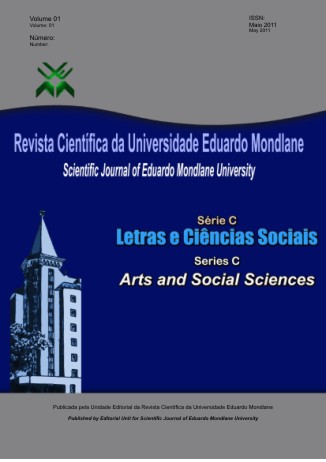A Captura de Dados no Contexto de Webinário Associado com o “Programa Dinheiro Direto na Escola”
Keywords:
Programa Dinheiro Direto da Escola, Ciência de dados, Qualidade dos dadosAbstract
Data Science enables the transduction of data into information into the decision-making process. Several public and/or private institutions start to make use of data from scientific investigations in their management, which reinforces the importance of ensuring data quality. In 2021 the School Direct Money Program initiative promoted by the National Fund for Education Development carried out the Webinar PPDE Integrated Actions, which guided and clarified doubts about the best practices for the use of the resources received. The communities associated with the schools participating in the program were invited to submit their questions through an online questionnaire. The research seeks to uncover which and how the procedures were performed to ensure the quality of data from the application of the questionnaires of the Webinar PPDE Integrated Actions of the Northeast region. The importance of consistency control in the captured data was verified. Fields whose completion were presented freely, should be made available to the community as a set of closed options when possible. In addition to the need to develop a controlled vocabulary to ensure consistency of the terms used in all instances related to data capture in the context of the PDDE.
References
Bell, G., Hey, T., & Szalay, A. (2019). Beyond the data deluge. Science, 323(5919), 1297- 1298. http://dx.doi.org/10.1126/science.1170411
Brase, J., & Farquhar, A. (2011). Access to research data. D-Lib Magazine, 17(1/2). http://doi.org/10.1045/january2011-brase
Piccolo, D. M., Tadini, A. V. W., Teixeira, H. D., Botega, L. C., & Sant’Ana, R. C. G.; Santarem Segundo, J. E.; Alves, R. C. V. (2021). Qualidade de dados em gestão de dados de pesquisa: um estudo bibliométrico. Em Questão, 28(1), 159–184. https://doi.org/10.19132/1808-5245281.159-184
Rautenberg, S., & Carmo, P. R. V. do. (2019). Big data e ciência de dados: complementariedade conceitual no processo de tomada de decisão. Brazilian Journal of Information Science: Research Trends, 13(1), 56–67. https://doi.org/10.36311/1981-1640.2019.v13n1.06.p56
Sant’Ana, R. (2016). Ciclo de vida dos dados: uma perspectiva a partir da ciência da informação. Informação & Informação, 21(2), 116–142. http://dx.doi.org/10.5433/1981-8920.2016v21n2p116
Silva, L. C., Santarem Segundo, J. E., & Silva, M. F. (2018). Princípios FAIR e melhores práticas do Linked Data na publicação de dados de pesquisa. Informação & Tecnologia (ITEC), 5(2), 81-103. https://doi.org/10.22478/ufpb.2358-3908.2018v5n2.44812
Tenopir, C., Dalton, E., Allard, S., & Frame, M., Pjesivac, I., Birch, B., Pollock, D., Dorsett, K. (2015). Changes in Data Sharing and Data Reuse Practices and Perceptions among Scientists Worldwide. PLoS One, 10(8), 1-24. https://doi.org/10.1371/journal.pone.0134826
Wilkinson, M., Dumontier, M., Aalbersberg, I. et al. (2016) The FAIR Guiding Principles for scientific data management and stewardship. Scientific Data, 3(60018), 1-9. http://doi.org/10.1038/sdata.2016.18
Downloads
Published
How to Cite
Issue
Section
License
Copyright (c) 2024 UEM Scientific Journal: Arts and Social Sciences Series

This work is licensed under a Creative Commons Attribution-NonCommercial-ShareAlike 4.0 International License.





